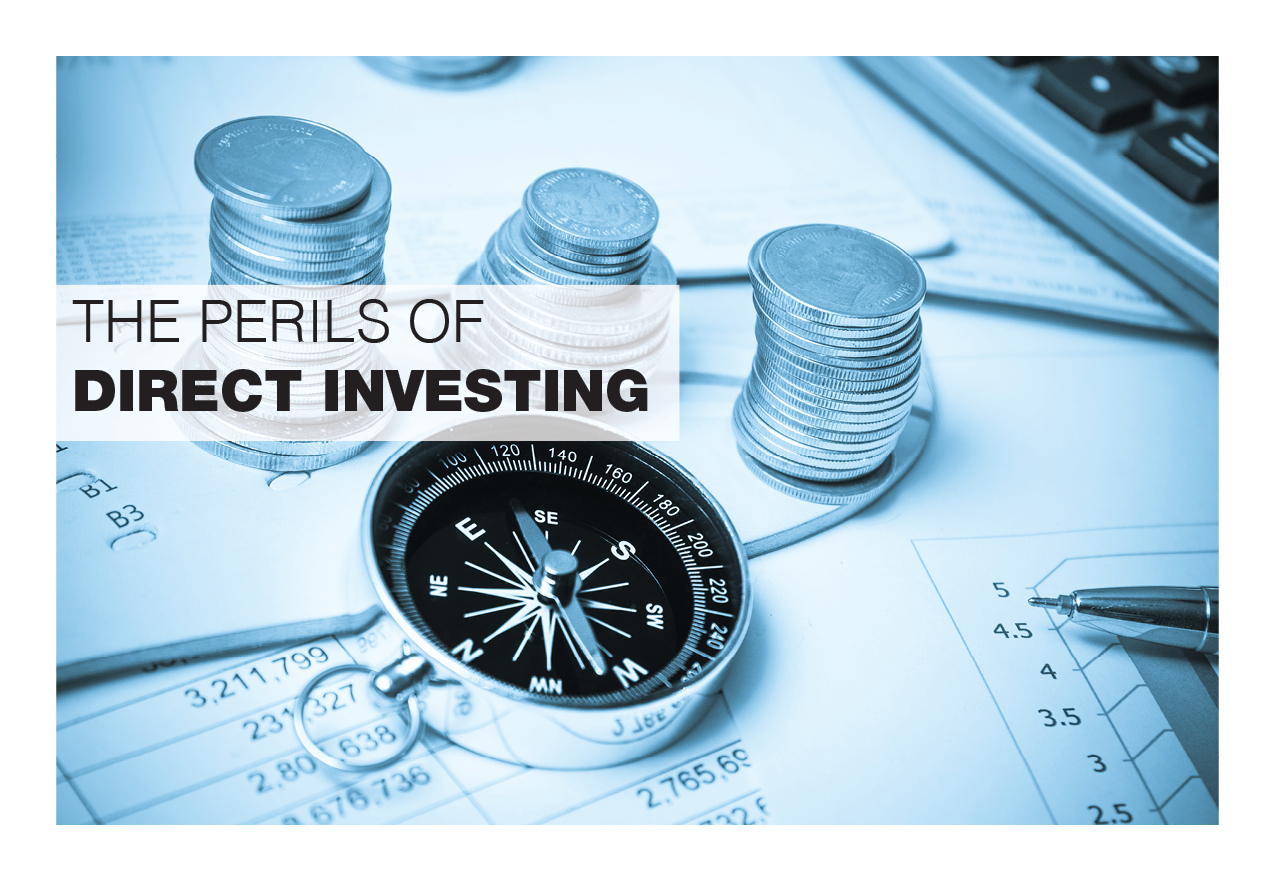What is direct investing?
Direct investing is a form of private equity investing where the investor does not want to go through a behemoth like KKR or Apollo but go direct. This not only reduces the fees taken by private equity companies and the financial institutions distributing and giving investors access, but it allows the investor to control the holding period and in some cases, a board seat.
In more recent years there has been a frenzy by high-net-worth investors and family offices to track down direct investment opportunities, making this trend both exciting and fraught with risks.
Even if you have a deep knowledge of financial markets, this does not necessarily translate into having the ability or infrastructure to make direct investments. Let’s touch on some of the key principles:
Sourcing
This is an ever-developing segment. Currently, deals are coming from family office networks, deal networks and coffee table investing. A business opportunity isn’t going to knock on your door, just because you have funds available. It is important to build a reliable and trustworthy network that has the ability to share due diligence and expertise. We are starting to see more financial institutions and consultants be more active in this space, however it is important to ensure they don’t have a conflict of interest.
Infrastructure
As much as sourcing is critical, so is having the right people, systems, and internal protocols. It starts with figuring out what percentage of your assets you want to risk in the direct deal space. How will you allocate funds and in what sectors will you focus on? The next step is to ensure that you can easily track your investments, any capital calls, and distributions. Do you have the right people on your staff or have access to them? Are you able to discuss this with your CPA and understand the impact of having K-1’s?
Your goal
When looking at the sectors, try not to only invest in businesses you know (concentration risk). By the same token, when investing in other businesses that you don’t know, ensure that you have access to experts that can guide you. Reputational risk is another issue that needs to be considered. Does the business operate in an ethical manner or is it challenged on moral or social issues?
Passive or board seat
You should consider how active a role you want to play in the investment. Do you want to be a passive investor, or do you want a seat on the board? As a passive investor you’re along for the ride, as a board member your vote counts but you also carry the liability that accompanies the additional control.
Holding period and exit strategy
You need to be realistic about your anticipated returns while having a time frame and an exit strategy before you invest. Direct investments are typically mid to long-term plays with few opportunities for liquidity in the interim. Even if you are successful in meeting your return targets within a few years, it may take longer than expected to extract your equity and benefit from the potential appreciation in the business. For example, there may be a limited number of potential buyers willing to purchase your stake, valuation disagreements or you may be forced to sell during a market downturn, depressing your overall returns. If the acquisition is negotiated well, however, you can factor in exit points.
It is important to enter the world of direct deals with your eyes wide open. Getting this wrong can be costly.
Engage a consultant
Before making a direct investment, it’s a good idea to talk with an outside independent consultant about the financial, legal and reputational risks. An experienced professional can ensure you have the right team around you, assist in drawing up shareholder agreements, implement reporting processes, and discuss exit strategies. After all, you need to address the many perils before you consider direct investing.

Leave A Comment